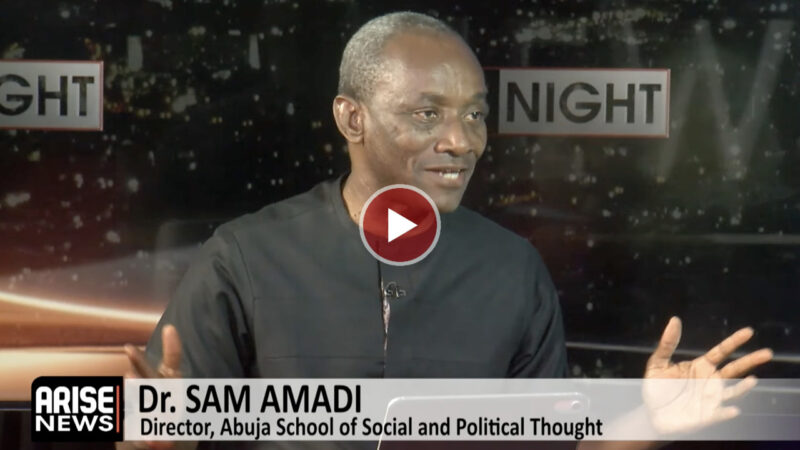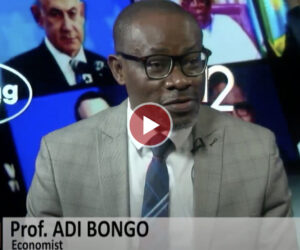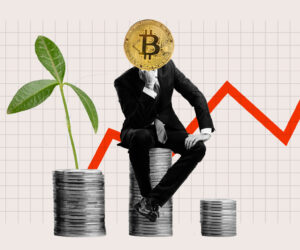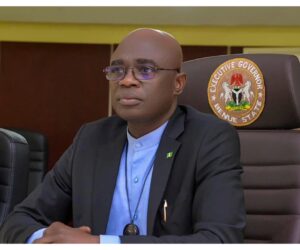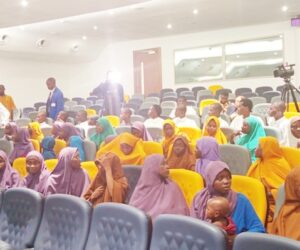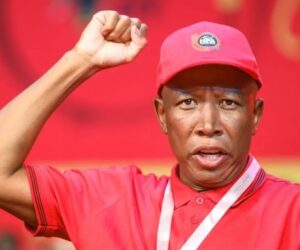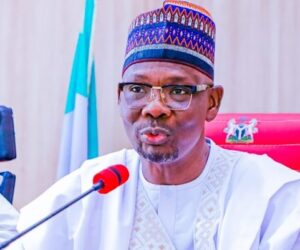
Director of the Abuja School of Social and Political Thought, Dr. Sam Amadi, says Africa will continue to “recycle the same failures for decades” unless its governments build the political stability, strategic capacity and institutional strength required to benefit from global economic frameworks such as the G20, AU and EU systems.
Speaking in an interview with ARISE News on Sunday, the Director of the Abuja School of Social and Political Thought said the G20 Summit in South Africa — the first held on African soil — was significant but ultimately highlighted the structural weaknesses that have held Africa back from benefiting from global trade and political alignments.
Amadi said the summit was symbolically important despite the absence of major powers.
“Well, it’s the first time in Africa and in South Africa. Perhaps in optics, in what matters, it’s still significant. America was not there. China downgraded their attendance to senior officers, similar with Russia. But in a sense, it’s a success.”
He noted that powerful international bodies were represented:
“Many important countries are there, and international organisations — the World Bank, Brazil, OPEC. In a sense, it’s a success. And the South African President and his team tried their best to make it a billboard issue comparable to any G20 as well.”
Responding to Nigeria’s call for fairer global trade, Amadi reminded viewers that Africa has been raising the same issues for years.
“The themes are the same for more than a decade now. The world has been obsessed about fair trade. Professor Stiglitz has been submitting reports on inclusive, equitable growth. The idea Nigeria pushes is what all southern countries push — fair trade.”
On critical minerals, he said Africa must move beyond raw export:
“The G20 emphasises the need to explore these minerals. They are seen as pathways for Africa to emerge. But the question is: how do you transition from exploration and exports to value addition?”
He warned that Africa lacks leverage:
“After this talk, the rules are set. The strategic leverage you need to break through is not there. It’s not the G20 pronouncements that unlock strategy.”
Citing Asia’s example:
“Asia emerged through interstate effort to strategically engage the system — in fact, to game the system. China came with demands. Africa doesn’t.”
Amadi said Africa’s greatest handicap is not foreign exploitation but internal institutional decay.
“There is no framework for African trade competition. Most African governments are struggling with legitimacy. They are struggling with what scholars call infrastructural power — the power to drill down policies, protect policy against special interests and capture.”
He warned that these weaknesses keep Africa in a loop of repeated failure:
“These things in Africa still don’t exist in many places, and they are weakening. That’s why in the next 30 years, we will still be talking about fair trade, inclusiveness, and financing for climate mitigation. These problems recycle for decades.”
Addressing calls for a continental currency, he argued:
“In Europe, the common currency helps, but Europe evolved. The integration was structured, coherent and evolutionary. At the basic levels, we are not picking the pieces.”
He said Africa lacks political stability to sustain long-term economic architecture:
“You do not have political stability over a durable period to allow for structured policy development. The EU took a long time. They built common citizenship, free flow of ideas, goods and people, and regulatory convergence.”
But Africa, he said, lacks even coherent laws:
“Our basic laws are not sensible, not coherent, not implementable.”
Amadi recommended that African states focus first on regional blocs.
“Maybe Africa should do sub-regional. West Africa has economic and cultural complicity. If they optimise their convergences, West Africa should be a common market because the size of Nigeria dominates.”
He added that fragility is particularly acute in West Africa:
“Fragility is very high. Conflict is very high.”**
Amadi concluded that without strong domestic institutions, summits and international declarations cannot transform African economies:
“It requires a more structured and home-built effort. The weakness of the political economy is actually stronger than what happens in the summits.”
Boluwatife Enome
Follow us on:

